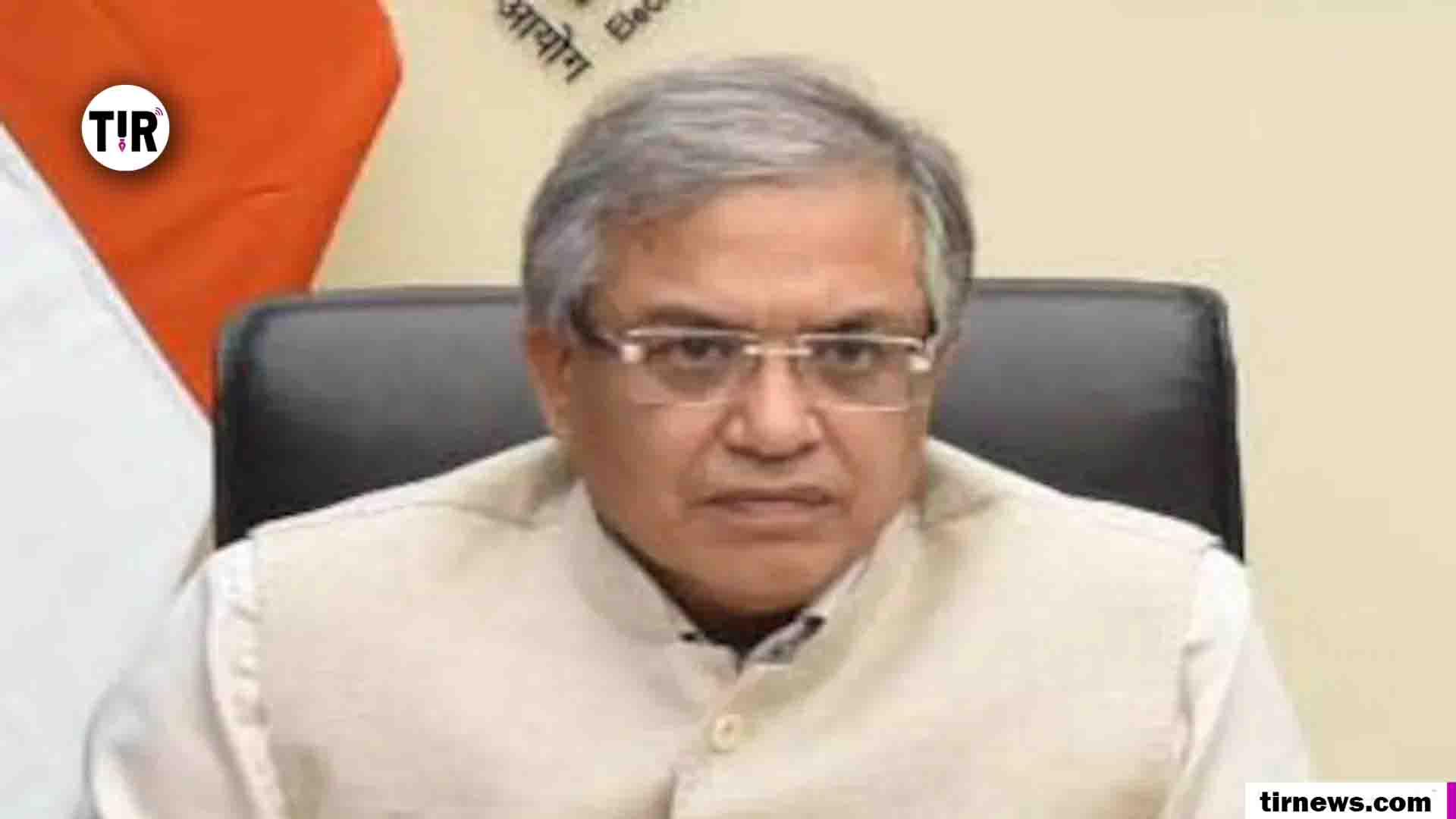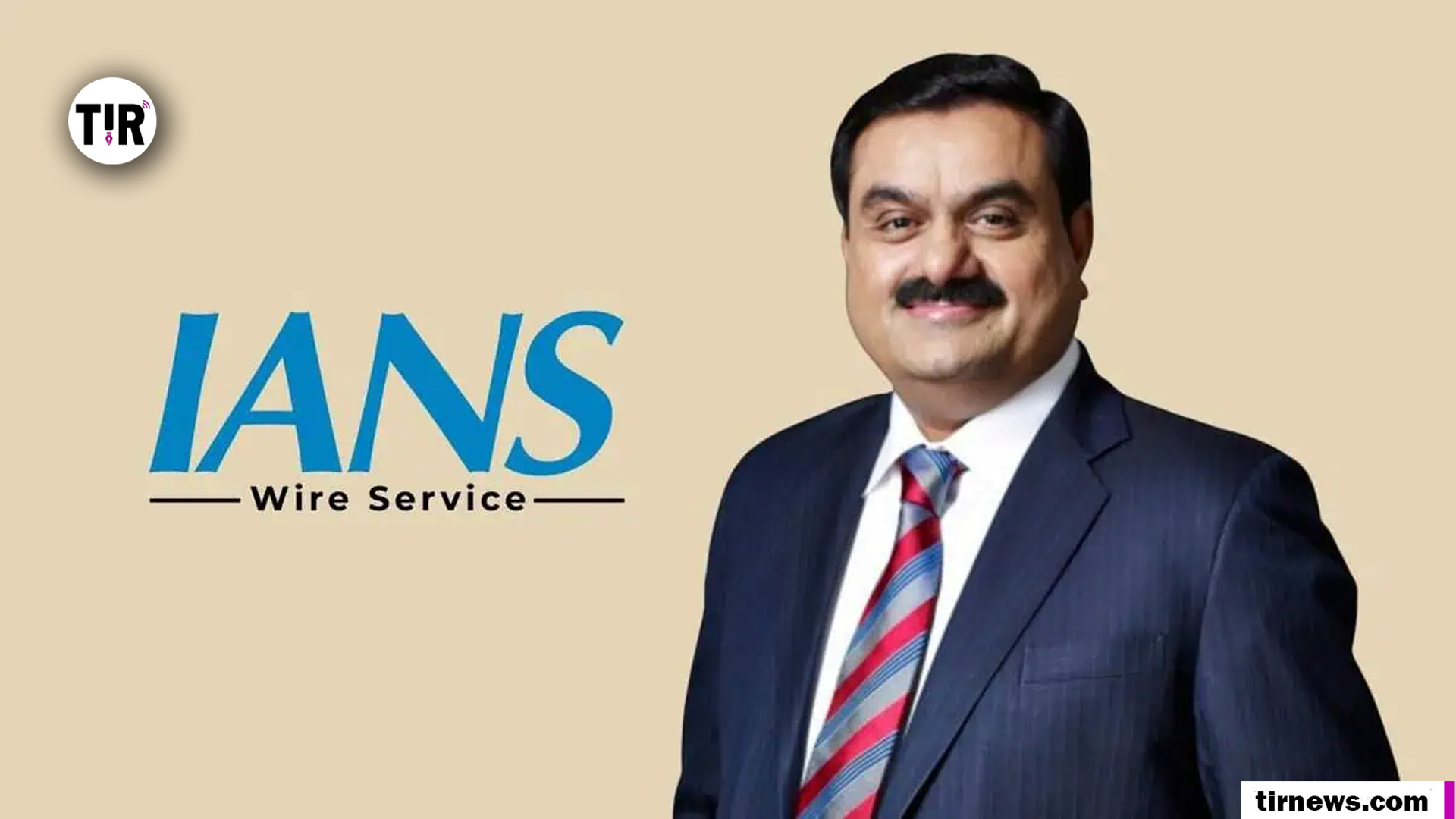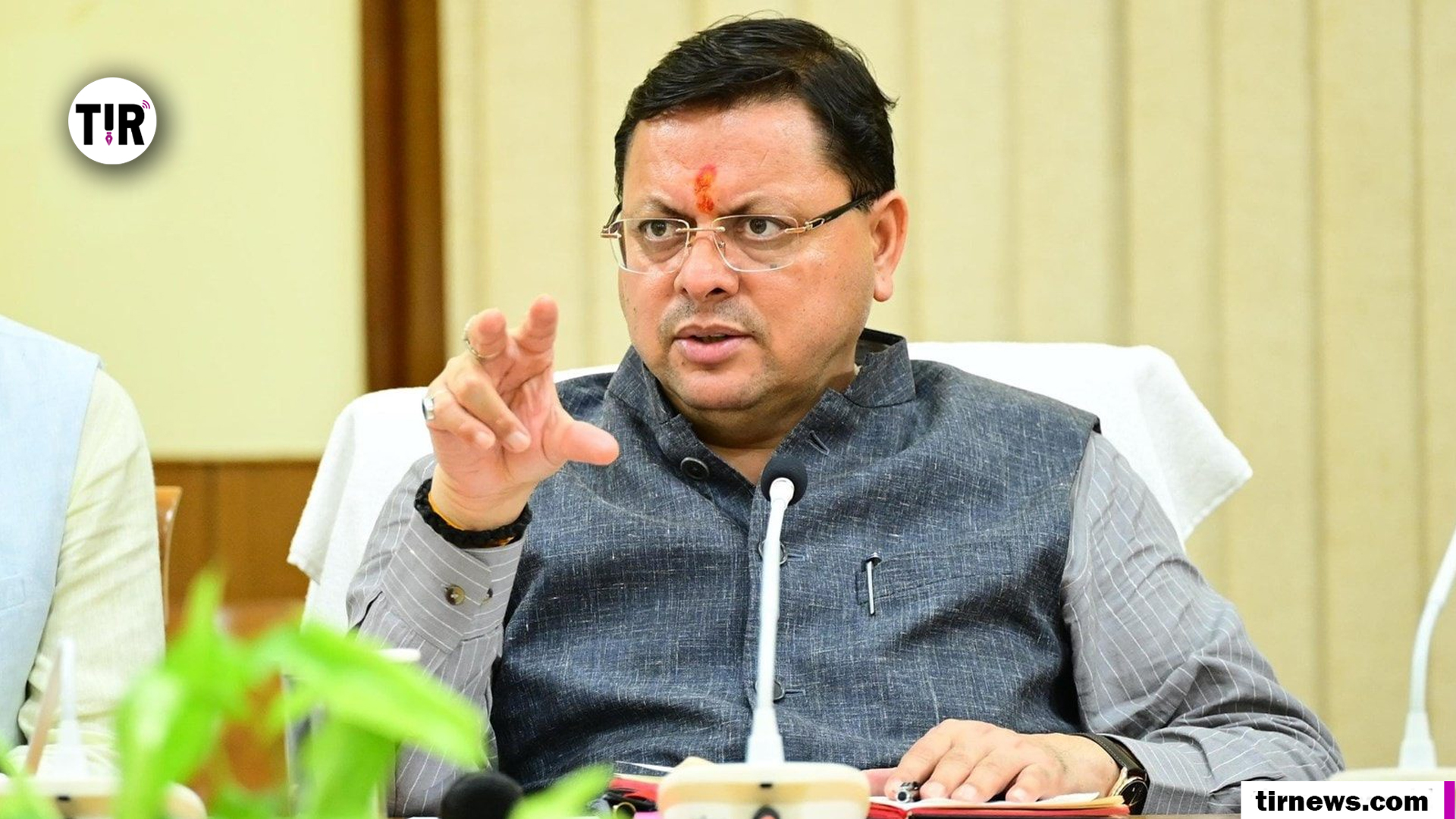Chief Election Commissioner Gyanesh Kumar has firmly rejected opposition allegations of bias and irregularities in Bihar’s ongoing Special Intensive Revision (SIR) of electoral rolls, calling such claims “baseless” and an “insult to India’s Constitution.”
During a press conference in New Delhi, Kumar addressed mounting criticism from opposition parties, particularly the Congress, which has accused the Election Commission of conducting “vote theft” through the controversial voter roll revision exercise in Bihar.
The Election Commission chief emphasized that the SIR process is being conducted transparently and inclusively, with all stakeholders committed to ensuring its success. Kumar stressed that for the Election Commission, there exists neither opposition nor ruling party, maintaining the body’s non-partisan stance.
The controversy stems from the Election Commission’s decision to undertake a comprehensive revision of Bihar’s electoral rolls from scratch, despite the fact that a detailed review and update had been completed by January 2025. Critics argue that the timing and scope of the revision appear arbitrary and potentially unconstitutional.
Kumar defended the Commission’s decision not to publish machine-readable voter lists in Bihar, stating this measure was implemented to protect voter privacy. He also dismissed concerns about the revision process being conducted in haste, asserting that all procedures are being followed in accordance with constitutional provisions.
The Election Commission chief highlighted the massive scale of electoral operations, noting that over one crore employees, 10 lakh booth-level agents, and 20 lakh polling agents participate in Lok Sabha elections. “In such a transparent process, can anyone steal votes?” Kumar questioned, challenging the opposition’s allegations.
Addressing the “vote chori” controversy specifically, Kumar stated that such terminology insults the Constitution and accused some political leaders of misleading voters through fear and misinformation campaigns. He maintained that neither the Election Commission nor any voter fears these “false allegations.”
The SIR exercise in Bihar has sparked significant political controversy, with the Supreme Court currently hearing multiple petitions challenging the revision process. The Association for Democratic Reforms and other organizations have approached the apex court, questioning whether the Election Commission’s actions are arbitrary and unconstitutional.
Kumar also indicated that similar Special Intensive Revision exercises might be conducted in other states, including West Bengal, with decisions to be announced at appropriate times as assembly elections approach in 2026.
The Election Commission plans to publish the draft electoral roll for Bihar, providing both physical and digital formats to all recognized political parties across the state’s 38 districts. District Election Officers will facilitate the process, allowing voters and political parties to file objections regarding any discrepancies in the rolls.
The ongoing dispute reflects broader concerns about electoral integrity and the timing of administrative decisions that could impact democratic processes. While the Election Commission maintains its commitment to conducting free and fair elections, opposition parties continue to question the necessity and methodology of the comprehensive voter roll revision in Bihar.



